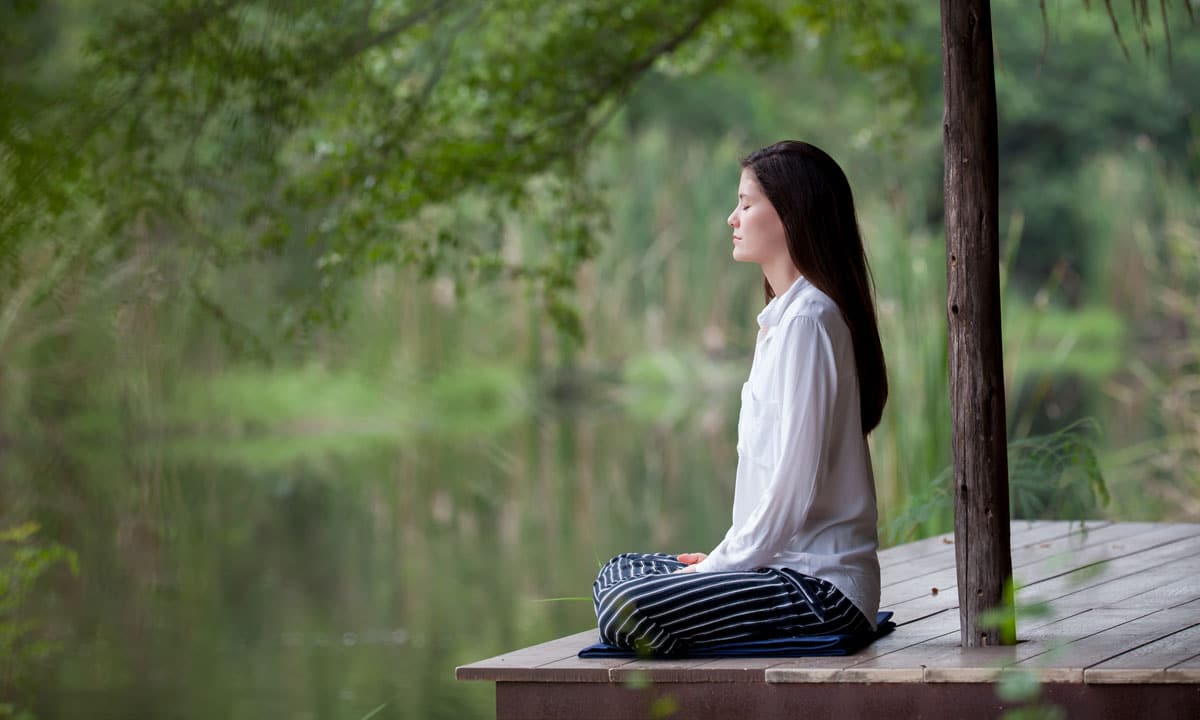Face touching is an extremely common habit, one that makes it easier for you to get sick and interact with bacteria.
The news of the coronavirus spreading throughout the U.S. has caused plenty of alarm. It has also reminded us of how hard it is to avoid bacteria and germs, and how dry your hands can get when you wash them so often.
Aside from regular hand washing, one of the most important safety measures you can take is to avoid touching your face, something that is much easier said than done.
During a press conference in California, Sara Cody, the public health officer and director of Santa Clara County, explained why we should avoid hand-to-face contact, especially around the eyes, nose and mouth. She then proceeded to lick her finger in order to flip a page.
Coronavirus instructions.
Wait for it…pic.twitter.com/WvnKBwKUtb— Rex Chapman?? (@RexChapman) March 4, 2020
In brief: even experts have a hard time managing their face touching habits. According to a 2015 study, people touch their face around 23 times per hour, facilitating the spread of bacteria and viruses. This habit is also frequently associated with the development of zits and acne, so even if there was no coronavirus it’s good to control the urge.
Here are some things you can do to manage your face touching:
Identify triggers
The New York Times says that once you identify triggers, it’s easier to manage a compulsion. “If you find yourself rubbing your eyes because they are dry, use moisturizing drops. If you are using your hand as a chin rest or to adjust your hair, be aware of that,” explains the article.
Try holding on to something else

RELATED: How To Protect Yourself From The Coronavirus While Traveling
Touching our faces constantly is usually a way to vent anxiety and to keep our hands busy. Try holding on to an object, be that a stress ball or something that keeps your hands moving. Remember to keep that object clean and sanitized by periodically wiping it with alcohol or by washing it with soap.
Use reminders
Use app reminders or paste Post Its around your office and house, ensuring you stay on top of these behaviors and can minimize them as much as possible.
Use mindfulness

RELATED: How Long Can The Coronavirus Live On Surfaces?
Since these fidgety behaviors are usually a symptom of anxiety or restlessness, try to practice staying in the moment and being mindful. Take deep breaths for a couple of seconds and try out guided meditation, especially during moments of stress.
Take care of your hands
It’s very important to keep your hands clean since it’s likely that at some point you’ll have to touch your face. This isn’t the end of the world. Remember to wash your hands often and to use lotions, keeping them hydrated. It’s also important to try to relax and stay as calm as possible since stress can lower your defenses and make it easier for you to get sick.


